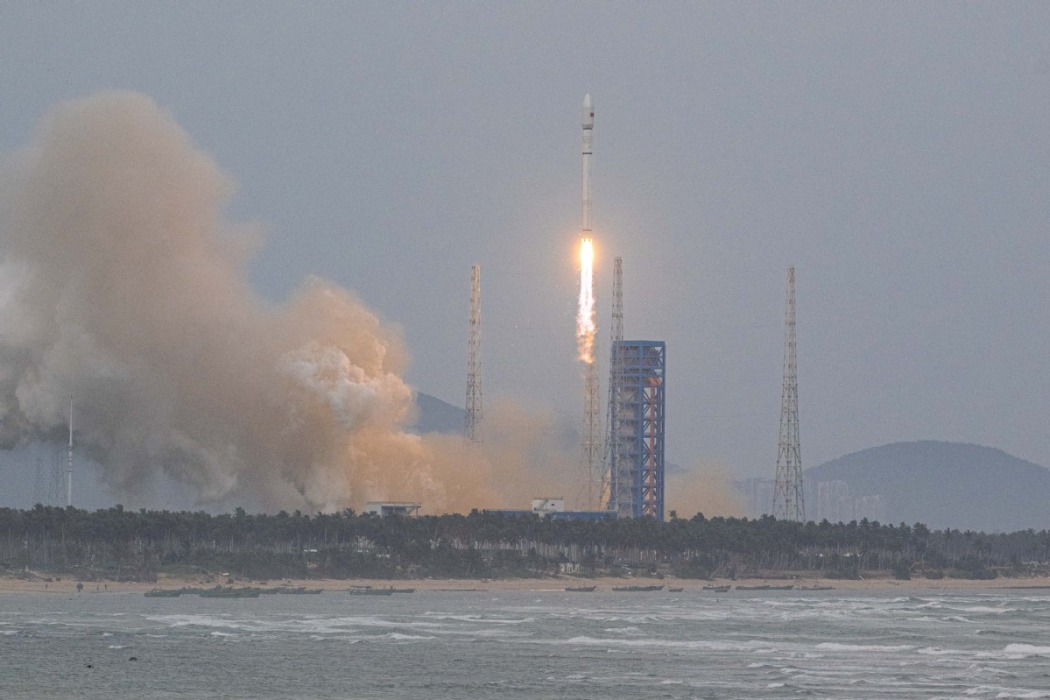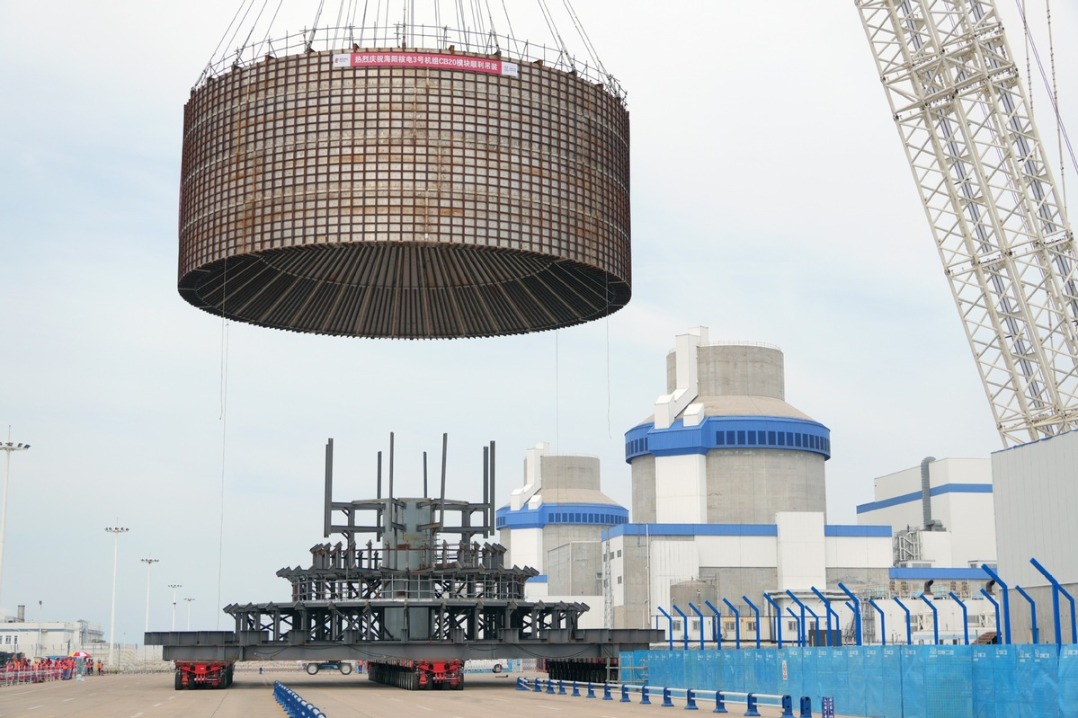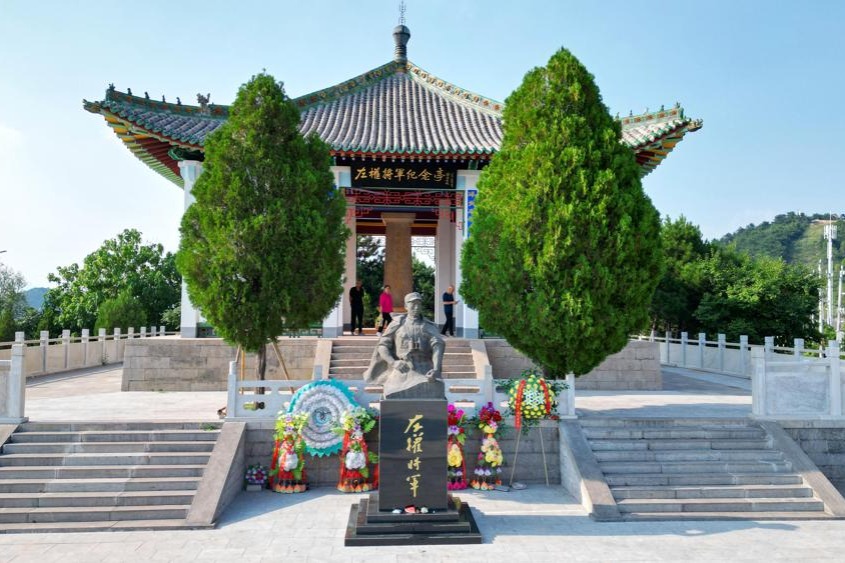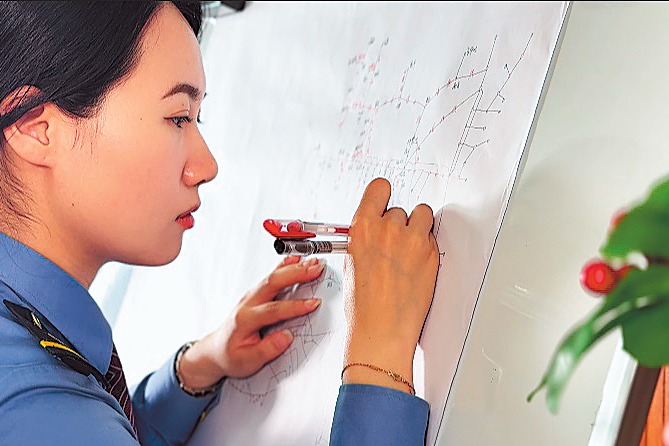Nobel prize winner Ting honored for 'November Revolution'

Nobel laureate in Physics, Samuel Ting, Sheldon Glashow, David Gross, and Luciano Maiani, former CERN director-general, as well as hundreds of scientists gathered in Beijing this month to discuss the history and future of particle physics.
In the history of scientific development, discoveries that can be termed as 'revolution' are rare. The discovery of J particle and charm quark made by Samuel Ting's team 50 years ago is one of them.
This discovery was soon cross-verified by results from other experiments. Samuel Ting and Burton Richter were awarded the Nobel Prize in Physics in 1976 for this groundbreaking discovery.
This scientific breakthrough, which occurred in November, was later referred to in the particle physics community as the "November Revolution".
Hou Jianguo, president of the CAS, expressed respect for Ting's significant contributions to the initiation and development of high-energy physics research in China, as well as for his substantial guidance and assistance in integrating the CAS into the international science and technology cooperation network and nurturing outstanding scientific and technological talents.
He hopes that scientists from all over the world will join hands to collectively tackle global scientific challenges, continuously expand the frontiers of scientific knowledge, strengthen cooperation based on major scientific and technological infrastructure, continually produce new achievements and enhance the exchange and cultivation of young talents.
- China unveils 2025-2030 plan to promote healthy environments
- Xinjiang youths participate in 11-day public welfare summer camp in Beijing
- Chinese scientists uncover distribution pattern of dryland biocrusts for better sand control
- China upgrades flood emergency response in 4 regions
- Hong Kong issues top rainstorm warning
- Chinese scientists develop new material for organic solar cells





































